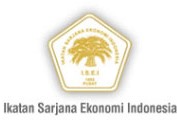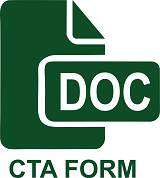Household Food Security and Vulnerability: the Sustainable Livelihood Framework
(1) Department of Economics, Faculty of Economics and Business, Universitas Ahmad Dahlan, Yogyakarta
(2) Department of Economics, Faculty of Economics and Business, Sebelas Maret University, Surakarta
Abstract
This study examines determinants of household food security among the poorest households in Kalibawang, Yogyakarta. The Sustainable Livelihood Framework (SLF) is an approach that we use to explain how the poorest in the rural area in facing the vulnerability due to the coping food problem affected by the El Nino phenomenon by using their assets. To analyze factors in influencing food security for poor households in the village, we consider using determinants of household assets (human capital, financial capital, physical capital, natural capital and social capital), income, dummy employment, and many family members. Also, the sources of data for this study are cross section primary data from 125 poorest households, which are obtained by the Focus Group Discussion (FGD) and personally administered questionnaire methods. For further analysis, we used Coping Strategies Index (CSI) as a food security indicator, and Ordinary Least Square (OLS) is a method to explain the influence of determinants. Based on the analysis, the results indicate the factors that have an impact on the poorest household food security are the female education, financial, physical, and social capital, as well as employment status.Meanwhile, the head of household education, natural capital, and income have no effect on food security among poorest in the rural area.
Keywords
Full Text:
PDFRefbacks
- There are currently no refbacks.

This work is licensed under a Creative Commons Attribution 4.0 International License.






